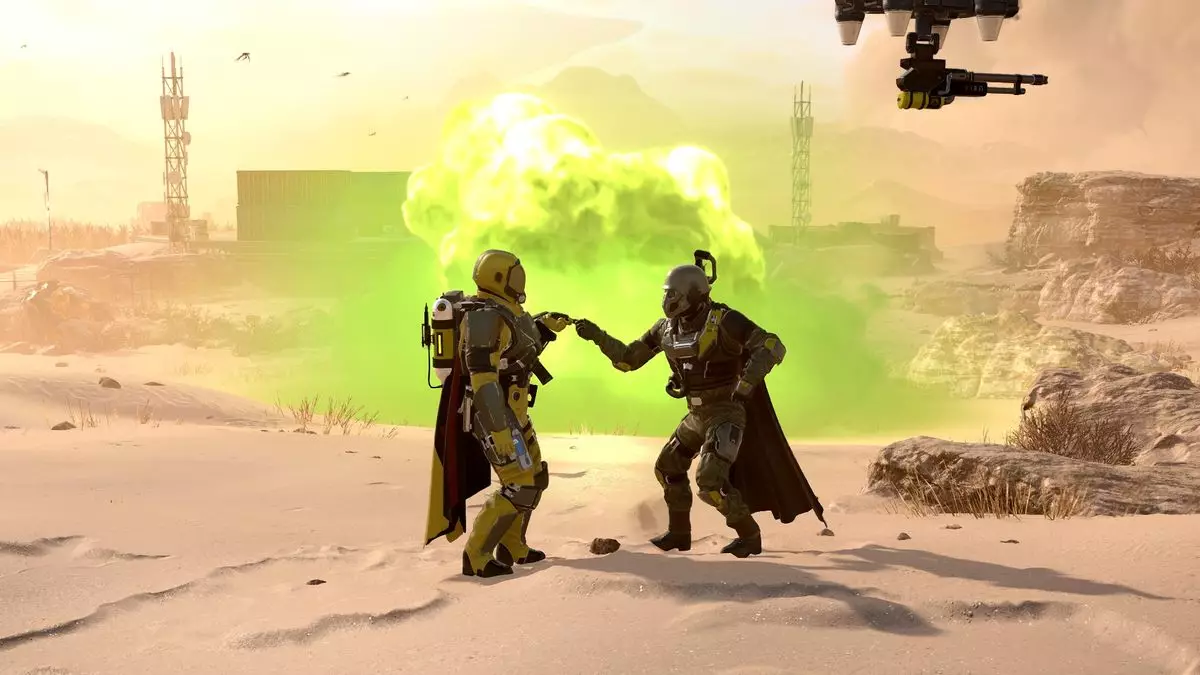In the vibrant world of video game soundtracks, orchestral compositions hold a special place, lending grandeur and emotional weight to gaming experiences. However, the tale of composer Will Roget in relation to his work on *Helldivers 2* reveals a deeper narrative—one of doubt, introspection, and eventual triumph. Before the game’s release, Roget faced a crisis of confidence. Frustrated with what he perceived as a waning interest in orchestral music within the gaming community, he contemplated leaving it behind entirely.
The story took an encouraging turn thanks to a heartfelt endorsement from Johan Pilestedt, the director of *Helldivers 2*. Pilestedt voiced his admiration for the game’s original soundtrack (OST) on social media, expressing disbelief that it had not received accolades for its brilliance. His tweet not only highlighted Roget’s work but also ignited a discussion regarding the soundtrack’s emotional impact on players. The personal touch in Pilestedt’s message—his daily enjoyment of the score—was an inspiration that linked the composer’s artistry directly to the players’ experiences.
Roget’s reflections on his career reveal the hidden challenges of orchestrating music for video games. In a candid response, he confessed that the arduous nature of composing orchestral soundtracks, coupled with a perception that audiences were losing interest, made it a daunting endeavor. The financial and logistical hurdles associated with producing high-quality orchestral music added to his apprehensions. However, the outpouring of positive reactions post-launch was both unexpected and revitalizing for him. From music reaction videos to even the creation of a full metal album inspired by his score, the enthusiasm from the gaming community stood as a testament to the power of orchestral music in modern gaming.
The appreciation showcased by players and fellow musicians rekindled Roget’s love for orchestral scoring. His journey demonstrates that recognition can serve as a powerful motivator for artists who struggle with self-doubt. In a field often overshadowed by more trend-driven genres, Roget’s experience illustrates that there is still a vibrant audience for orchestral music in gaming. His gratitude toward the players and developers reinforces the notion that music is a collaborative art form—born from the synergy between creators and consumers.
The narrative surrounding *Helldivers 2* serves as a significant reminder of the importance of recognition and community support in the arts. As Roget continues to develop his craft, his journey from uncertainty to newfound purpose signifies a promising horizon for orchestral music within gaming. The heartfelt accolades from players not only buoyed his spirits but also carve a path for future composers grappling with similar fears. Ultimately, the story of Will Roget and *Helldivers 2* underscores the enduring power of music to connect, inspire, and revive passion in creative endeavors.

